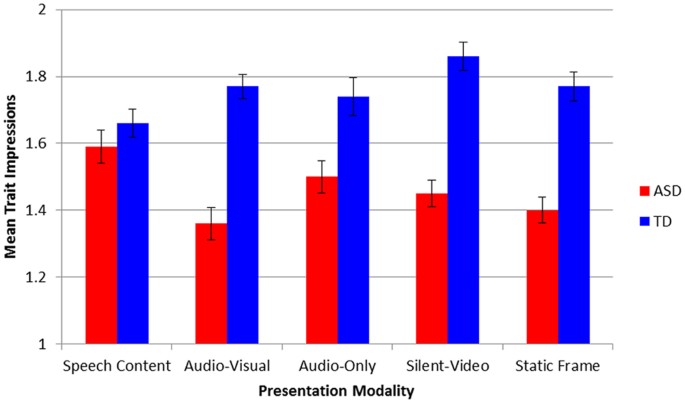If you make it this far, you are the one percent. For many, this fact is too harsh to swallow. There will be men in this cohort still kvetching over ‘Chad’ as if the reason they are in the 1% is because they’re not in a
different 1%. The truth is, having sex is really not some Herculean feat or reserved for aesthetically flawless ubermensch. The idea that up to this point ‘Chad’ is ‘having all the fun’ while the rest go through most of their 20s sexually deprived before they get the chance to be a ‘betabux’ for a ‘post-wall roastie’ with a body count in the triple digits who if he is lucky will grant him monthly starfish sex is also, of course, pure unadulterated
cope. Men and women’s virginity rates decline with age in tandem, and the sex partner distributions remain
more or less identical for young men and women. We’ve run the experiment long enough to know that polygnyny—‘de facto’ or otherwise—does not naturally flourish in an ‘open sexual marketplace’. If anything, polygyny is the system requiring coercion to sustain. No matter how desperately various social deviants wish to believe they represent the average male, the vast majority of men enjoy a fair share of satisfying sexual and romantic experiences before they hit 30. To some, this comes as a major black pill, which is why they cling to the more palatable blue pill fantasy wherein 99% of men are chronically sexless. Sure, not everyone will always be fully satiated, not everyone will be able to date models, and gender disparities in sexual desires will inevitably lead to moments of frustration, but that’s life.
We are witnessing a slight decline in sexual activity, most clearly observed in the youth, but still, this ‘extended adolescence’ probably won’t be a permanent condition for many. Some people are forecasting an ‘explosion of wizards’, largely driven by the
misleading 2018 GSS graph, but I’d be surprised if it ever surpasses 5%.
A cope which is sometimes advanced to explain why most men don’t remain virgins into their mid to late 20s is to say that they’re resorting to ‘escortcelling’. However, only about 1% of men aged 25–30 reported having paid for sex in the past year, so it's unlikely that many are losing their virginities this way. Also, 40% of these men were either married or cohabiting at the time of the interview, so men don’t only visit escorts out of desperation or a permanent inability to attract partners, either.
Insight into some of the underlying factors was gained. Alcohol consumption consistently appeared as a negative predictor of virginity, which can be interpreted in several ways. One is that it reflects an underlying tendency for risk-taking or sensation seeking. Another is that drinking is often a social activity, so lower alcohol consumption could suggest a less active social life and thus fewer opportunities to meet potential partners. Lastly, alcohol can have a direct effect by lowering inhibitions.
The 'black pill' posits that men's romantic and sexual outcomes are determined entirely by variance in physical morphological characteristics, with the lion's share of the focus being on facial attractiveness and height. Autism, low extraversion and socialization, risk aversion were all predictors of wizardhood, however. The stock black pill response is that these are simply the result of failing to meet the supposed looks threshold required for social acceptance, but contrary to the ‘blank slate’ theory of the mind that black pillers espouse,
looks don’t meaningfully relate to personality or psychopathology, longitudinal studies find no interaction between looks and psychosocial development, nor do looks significantly impact people’s number of friends or frequency of socialization.
High intelligence and education seem overall to be positive predictors. Like true wizards, I guess they've eschewed carnal pleasures and devoted their lives to the pursuit of knowledge. Some may at least find some solace in knowing that they’re in the company of several prominent historical figures, Newton and Tesla being famous examples. Fewer wizards seemed to have a good personal income though. Whether this is because men with lower incomes are less desirable as partners or it’s a proxy for something else such as social or behavioural issues leading to underemployment isn’t entirely clear.
‘Voluntary celibacy’ is often dismissed as a cope, but frequency of religious attendance was another predictor, consistent with a good number of wizards reporting being so due to religious or moral reasons.
Even though physical traits play a big part in initial impressions, they don’t appear to be terribly relevant to extreme cases like this where it seems like significant neurodivergence is typically required, and ironically the ones that did surface as predictors weren’t the ones that black pillers tend to emphasize.
Some of this stuff could be framed within the context of a ‘slow life history strategy’, though it's a stretch to describe being a 40 year old virgin as any kind of 'evolutionary strategy'. Maybe in a different environment they would’ve tended to fare a bit better.
There are some who may find this to be an optimistic message: 99% of men will ‘make it’ to one degree or another. For those in or approaching this cohort however, that they’re this aberrant may come as a bitter realization. Since the average age of sexual initiation is around 17.5, a wizard is almost 5,000 days behind. Unfortunately, for many it may have passed the point of no return. Any struggles in relating and connecting to people will have only grown more stark from likely extended isolation. Tolerance for inexperience will have considerably dwindled. Wizard magic memes attempt to add levity to the situation, but the regretful feeling of having missed out on a vital part of your youth might be tough to shake. No amount of magic can rewrite what has already been written. In the event that a life of celibacy lies ahead, Jesus Christ's example shows that it may still be possible to find purpose.









